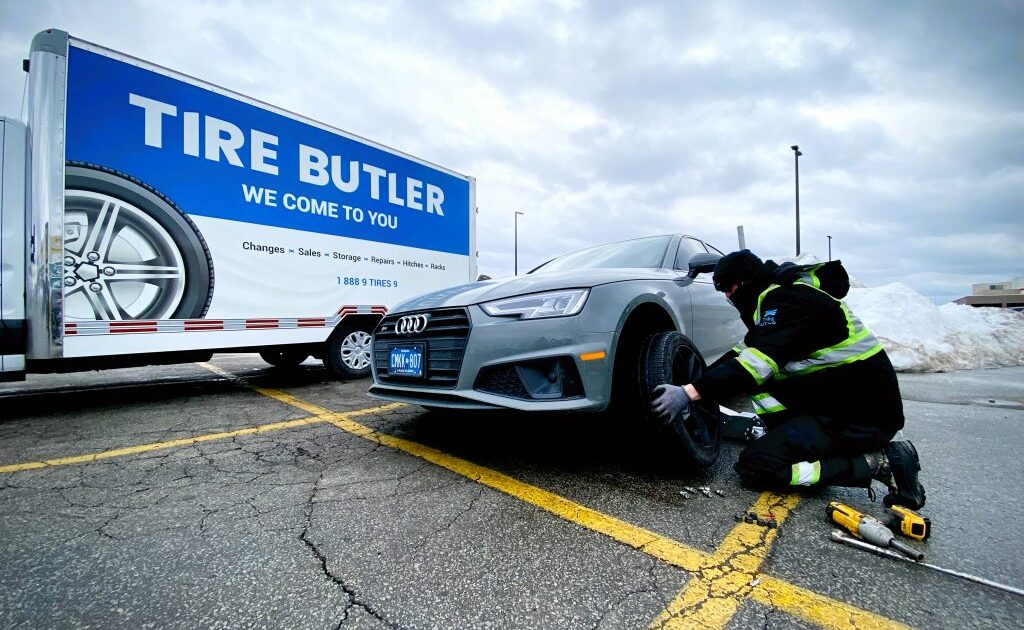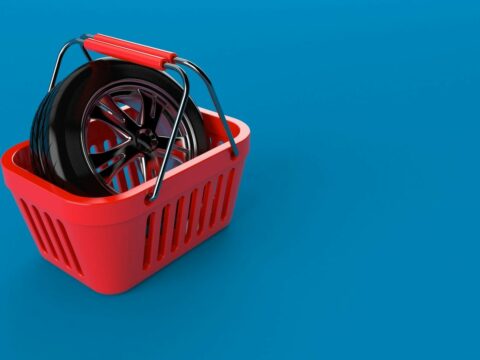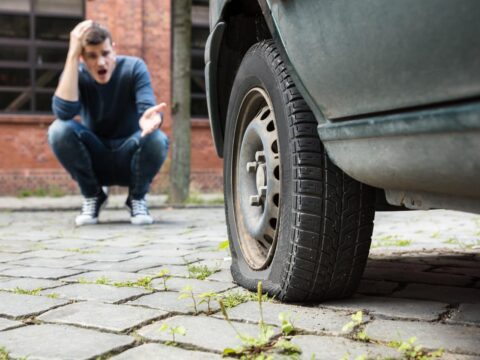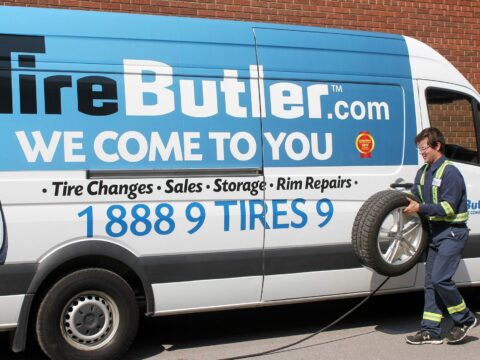You might not think about it, but the health of your tires is a very important part of keeping your car running smoothly. When your tires are in good condition, you’ll enjoy a smoother ride and better gas mileage. But what exactly causes tires to wear out?
We compiled a list of typical causes of tire wear and how to prevent them to ensure your tires will last longer.
COMMON CAUSES TIRES WEAR OUT QUICKLY
Do you know the common causes tires wear out quickly? It’s not always easy to tell, but there are a few things that tend to cause premature tire wear. Let’s take a look at some of the most frequent causes of irregular tread wear and shortened tire life:
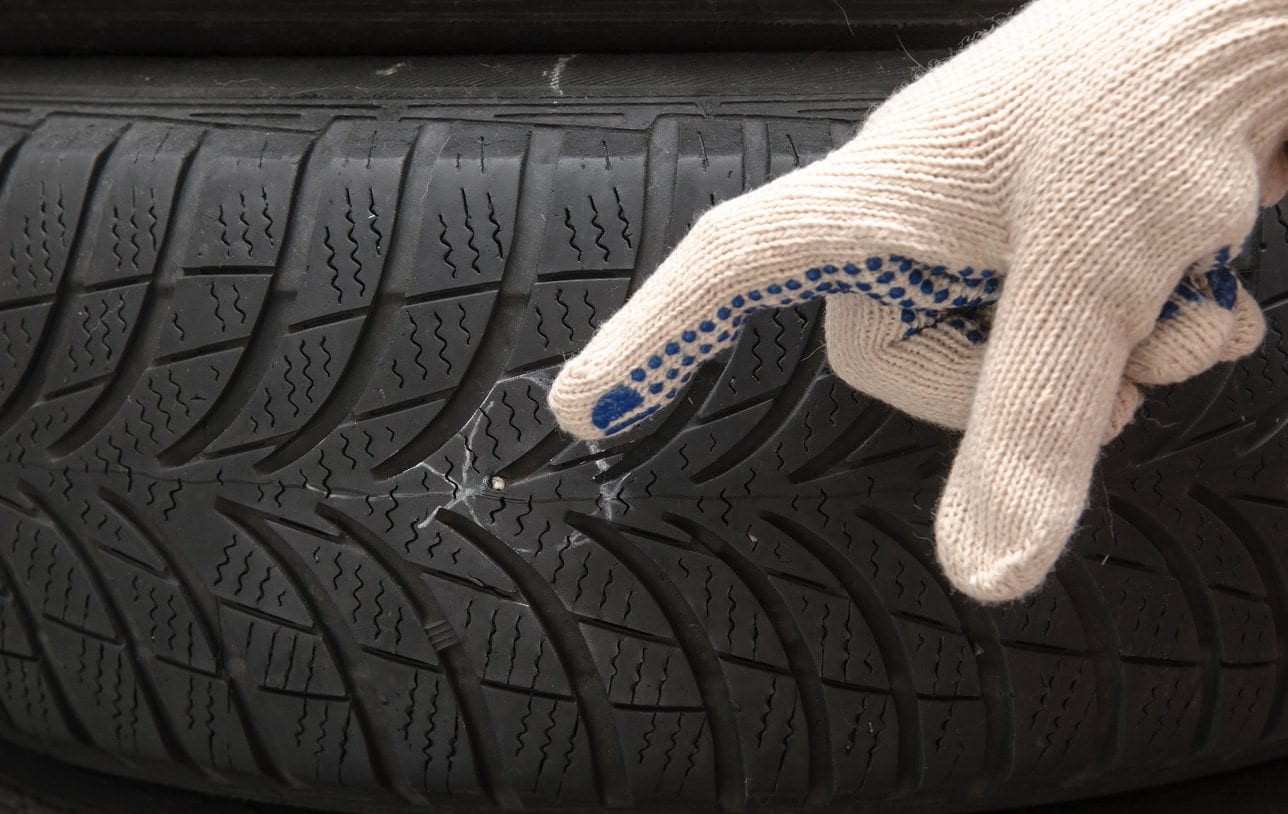
1. Faulty or Misaligned Brakes
Bad brakes might ruin your tires. Damaged or misaligned brakes can force the wheel to turn off the travel path, generating a “dragging” effect that scratches the tire’s surface and compromises it.
If your brake pads/rotors are worn out, or if the brake system applies more pressure to one wheel than the others for whatever reason, this will undoubtedly result in faster and more uneven tire wear. Therefore, as part of your overall maintenance plan, you should also have your brakes inspected and serviced regularly.
2. Incorrect Tire Alignment
The adjustment of the vehicle’s steering and suspension components – the mechanism that connects and regulates the motion of the wheels – is referred to as tire alignment. It isn’t a matter of adjusting the tires or wheels. Instead, adjusting the angles of the tires and their contact with the road in accordance with the vehicle manufacturer’s specifications is the key to good alignment.
The wheels themselves are frequently to blame for excessive tire wear. Perhaps the treaded nuts are somewhat loose, or the wheel bearings inside are wearing out faster in one of the wheels than the others. If your steering is wrong, different stress levels are applied to the separate wheels and tires while you drive. Regularly inspect your wheel alignment as part of your usual vehicle maintenance and get them professionally corrected as needed to extend the life of your tires and other components.
3. Bad Suspension System
The suspension system might also cause uneven/increased tire wear. You should have a damaged component or a calibration issue investigated and corrected before it leads to more severe issues. If your suspension is poor or incorrectly adjusted, you may feel every bump and vibration on the road. Because your suspension system isn’t performing its job, the tires are bearing the brunt of the pressure and damage.
Your tires will wear unevenly and too quickly if your suspension parts, such as front-end parts, shocks, and struts, are worn out. Wheel alignment might be affected by loose or worn front-end components. In addition, shocks and struts that are worn out might cause your car to “bounce” down the road. Continuous bouncing will result in uneven tire wear and a bumpy ride.
4. Improper Driving Conditions & Driving Habits
Improper driving conditions and habits are the two main causes of excessive tire wear. For example, if a driver routinely accelerates, hits the brake hard, or drives on gravel roads, this can cause the tires to wear out prematurely.
Other factors that can contribute to premature tire wear include:
- Driving a vehicle that is overloaded or improperly balanced.
- Using the wrong type of tires for the weather conditions.
- Failing to properly maintain the tires by inflating them to the correct pressure and rotating them at regular intervals.
5. Irregular Rotation of Tires
If you don’t rotate your tires regularly, two will wear out faster than the other two. This is because the front end of your automobile is heavier than the back end in a front-wheel-drive vehicle, and your front wheels are also the “drive wheels,” meaning they pull the car down the road. A front-wheel-drive vehicle’s rear tires are essentially “free rolling” tires. They will not wear as quickly as the front tires, but because they bear far less weight, they may experience “free rolling wear,” which means they may develop high and low patches if not rotated regularly.
If you don’t rotate your tires regularly, they won’t last as long because there will always be some uneven wear. Rotating the tires regularly, typically in conjunction with each oil change, helps balance out the damage and prevents the treads on any specific tire from wearing down quicker than the others.
Since the pulling wheels are on the back of the vehicle, the rear-wheel-drive vehicle will wear its rear tires faster than its front tires. Tire rotation is recommended by most car manufacturers every 5000 to 7500 miles. You can also do this every time you do an oil change.
6. Faulty Transmissions From the Engine to the Wheel
The transmission, together with the rest of the powertrain: differentials, clutches, axles, etc., is responsible for transferring power from the engine to the wheels. Anything wrong somewhere along the road may be causing the tire to deteriorate. Be sure to correct this before significant gearbox or drivetrain problems arise.
7. Improper Inflation Pressures
When a tire is under-inflated, it will begin to wear more quickly and unevenly. Vehicle manufacturers define the front and rear tire inflation pressures not only to optimize performance for ride comfort, handling, and fuel economy but also to account for tire degradation. The proper inflation pressure in the tread aids in the distribution of vehicle load, accelerating, braking, and cornering forces. Conversely, the contact patch of the tire tread is not optimal to handle the vast array of jobs it is requested to accomplish if the tire pressure is too low or even too high.
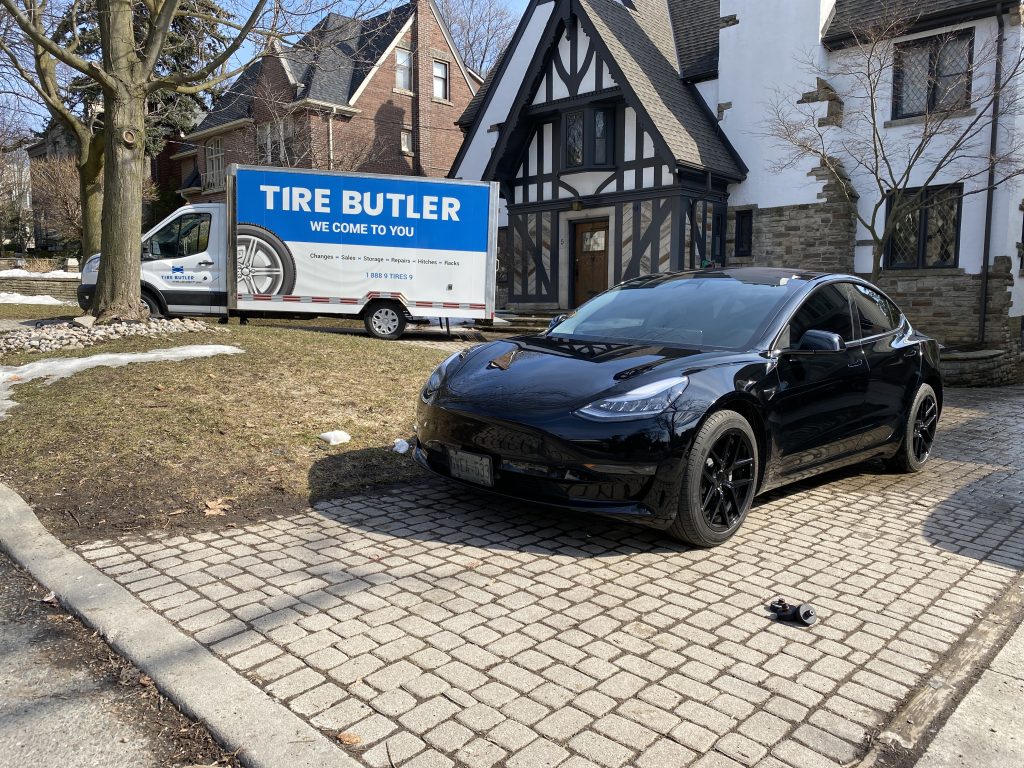
These are just a few examples of why you might not get the performance you expect from a set of tires. We recommend regularly checking your tires by a tire specialist like Tire Butler, at least at every oil change. Bring your vehicle to us if you observe your tires are wearing out faster than they should or the tread wear is noticeably uneven. We can have a comprehensive inspection and pinpoint the cause of the problem. If any flat tire repairs or maintenance services are required, we’ll guide you through what needs fixing and how much it will cost before proceeding. Visit us today!
